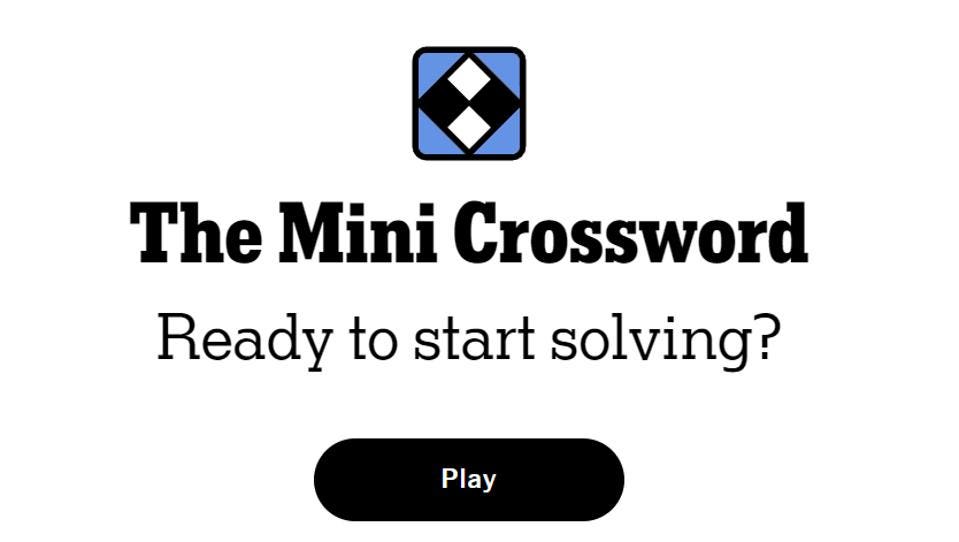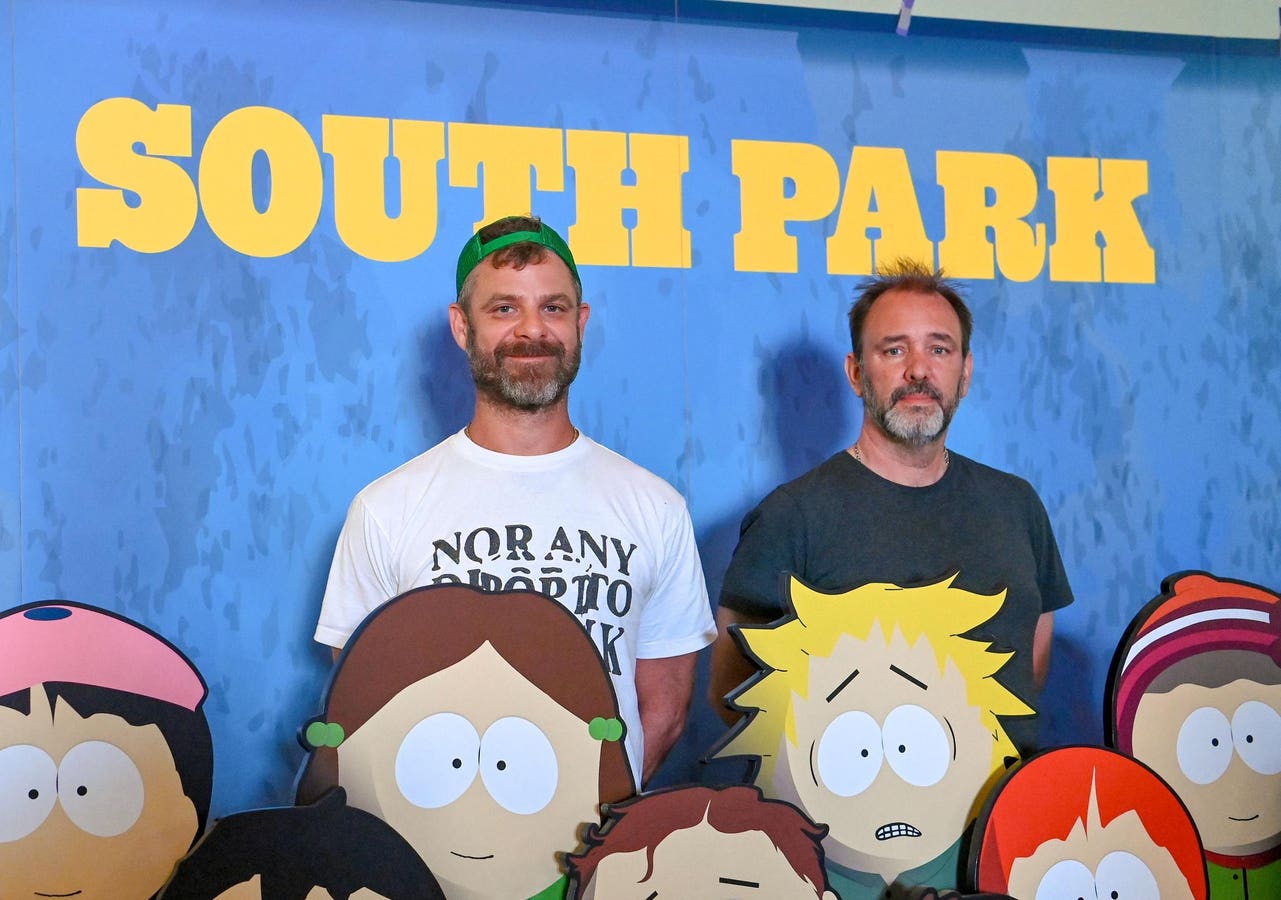Companies (and people) who embrace AI are more likely to succeed.
getty
This article can actually be considered a “Part Two” or follow-up to my recent article sharing some favorite takeaways from the Customer Contact Week (CCW) conference in Las Vegas. One of the keynote speakers was AI futurist Zack Kass (formerly with OpenAI), who delivered a presentation that should make every business leader pause and think more about where we’re headed. At the end of the presentation, I looked at my colleague sitting next to me and said, “Mic drop! That may be the most compelling, scary, yet still optimistic presentation on AI I’ve ever heard.”
Kass said, “We are building machines that possess human intellectual equivalence and superiority.” In other words, almost anything a human can do, a machine can do better, and it’s getting less expensive to do so by the day.
I’ve been tracking the intersection of AI and customer experience (CX) for years. I found Kass’s insights particularly relevant as they relate to creating amazing customer experiences. The question isn’t whether AI will transform how we service customers. It already is. The question to consider is how quickly we can adapt to the changes that are already here. In other words, the future is now!
With that in mind, I’m going to share with you a summary of the Zack Kass keynote.
Three Phases of AI
Kass outlined three critical phases of the AI revolution that every CX and business leader should understand:
- Enhanced Applications: We’re already deep into applications fueled by AI. ChatGPT is supporting many applications and processes, making customer service agents more efficient and customers more self-sufficient.
- Autonomous Agents (Agentic AI): This is where things get interesting for CX. AI does more than answer questions. It now does things for us. Kass explained that the internet used to be like a library. We searched, found and read information. We’re now moving into an internet powered by AI that will actually do things for us. To schedule an appointment or resolve a billing issue, simply tell AI what you need, and it will handle the entire process. For customer service and CX, this is huge. Customers will simply state what they want, and AI will take care of it.
- Natural Language Operating Systems: In the future, some computers won’t require screens. These machines will interact with us, just as if we’re having a natural conversation with another human. They will anticipate needs rather than waiting for prompts. For customer service, this means AI can recognize a problem or a frustrated customer before they ever express their concern.
The Dark Side of AI
While AI is exciting, Kass said there are serious concerns that every business needs to consider:
- The Thinking Problem: Kass pointed out that machines are able to do our critical thinking for us. Just like any muscle, if we don’t use it, it atrophies. So unless our brain is challenged, we may experience some form of mental atrophy. Kass points out that Gen-Z is the first generation that isn’t as smart as the one before it.
- Dehumanization: Self-service customer care may become the norm. Some companies have already taken a gamble and replaced their live agent customer support teams with AI-fueled chatbots. Many have found that the gamble doesn’t pay off and have reverted back to some human-to-human interaction. My annual customer service and CX research consistently shows that customers still want human interaction, especially for complex issues.
- Job Displacement: Will AI replace our jobs? The general consensus among the CX leaders who approached this topic at CCW said, “No.” At least not for the near-term future. However, let’s not bury our heads in the sand and think it won’t happen. Kass says the question isn’t whether AI will take our jobs. It’s whether we can cope without the purpose our work provides. Kass suggests the solution isn’t economic but psychological. For many, work defines who we are. We will need to develop identities beyond what we know as work. In CX, this means focusing on the uniquely human aspects of what we do: building relationships, showing empathy and creating emotional connections—things that AI can’t do.
The Bright Side of AI
There are incredible opportunities made possible by AI, and although some of the comments Kass made earlier in the speech were alarming, the benefits of AI not only balance out its dark and bright sides, but also tip the scales in favor of the bright side.
- Massive Human Growth Potential: We’re more productive than ever, and AI will accelerate this trend. While AI handles basic support issues directly with customers, live agents can handle more complex issues, and while doing so, will be using AI to help get customers the answers they need.
- Scientific Breakthroughs: Kass believes that the cure for cancer isn’t just in the lab. AI will supercharge medical breakthroughs, and similarly, AI will solve customer experience challenges we have had difficulty solving. It may also help us solve problems we haven’t yet identified.
- Inflation Versus Deflation: Despite current inflation concerns, Kass predicts that we’ll ultimately get more value for less cost and gain more time in our days. This aligns with what we see in customer service. AI is handling routine tasks that used to take up a lot of a customer service agent’s time. Today, that agent is focusing on bigger issues that bring more value to the customer—and self-worth to the agent.
Final Words
There are numerous articles that highlight the greatest inventions and innovations of all time. Just do a Google search. Or better yet, just ask ChatGPT. (“But seriously, folks …”) AI will surely become recognized as one of the innovations that significantly change the world we live in. Companies (and people) who embrace AI are more likely to succeed, and Kass shares his advice to do so: “Optimize for human qualities. What you know is not as interesting as how you make people feel.” That’s the experience that will make your customers say, “I’ll be back!”









